Post-electoral: At Least 134 dead this week in protests - Under update
Mozambique: President pledges to broaden dialogue in bid to end post-poll crisis – Watch
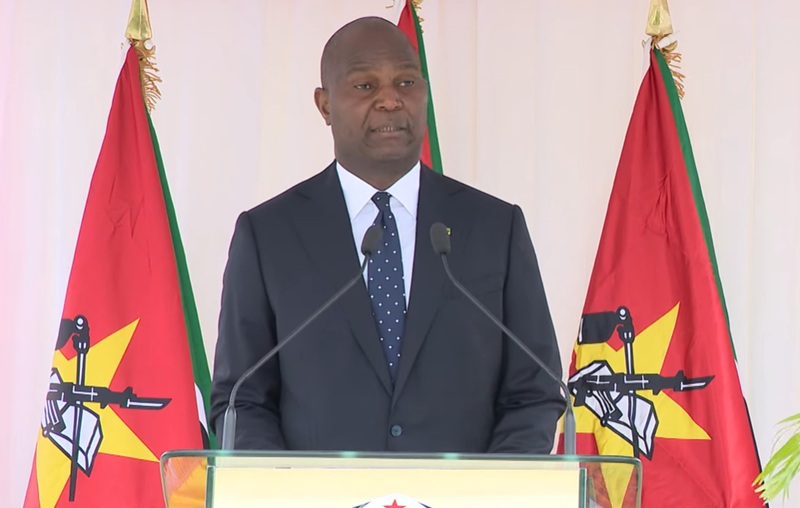
Screen grab: TVM
Mozambique’s president, Daniel Chapo, on Monday promised to broaden the table of dialogue in his effort to end the post-election crisis, by including members of civil society and academics.
“The first phase of the dialogue involves political parties with parliamentary seats and will later include members of civil society, civic, religious and professional associations, as well as academia, so that together we can find joint solutions for the Mozambique we want,” said Chapo, during the central ceremony of the celebrations for Heroes’ Day, 3 February, in Mozambique.
Chapo is in dialogue with political parties to discuss reforms to the state, including amendments to the electoral law and the country’s constitution, that had been initiated by his predecessor, Filipe Nyusi. The initiative has now taken on added urgency in wake of the country’s post-election crisis.
On Monday, Chapo announced that a consensus had been reached on terms of reference to discuss state reforms, including changes to the electoral law, after a meeting with the leaders of four parties. The most significant absence was that of the former presidential candidate Venâncio Mondlane, who came second in October’s election, according to the Constitutional Council, and who has been leading the largest-scale contestation of official results that the country has seen since it held its first elections in 1994.
In his speech on Monday in Maputo’s Praça dos Heróis, Chapo made no reference to any possibility of including Mondlane in the dialogue, saying only that the aim is to find “joint solutions” for “a united country” in order for it to put conflict behind it.
“We want to urge everyone to participate, inspired by the example of our heroes, who did everything for the liberation and building of our Mozambican state,” the president said.
On Friday, the European Union Observation Mission to the October general elections in Mozambique argued that the solution to the post-election crisis is to involve Mondlane in dialogue.
“I believe that there is no political solution to this crisis without a dialogue that is truly inclusive and in which Venâncio Mondlane,” declared the head of the EU mission, Laura Ballarín, during a news conference to present its final report in Maputo.
On Tuesday, Mondlane once again expressed his openness to dialogue with the newly installed head of state in order to put an end to the post-election crisis, saying that so far he has not been contacted.
“I haven’t been contacted yet,” he said. “When I’m invited I’ll present my points of view. I’ve already given this message several times.”
Since 21 October, Mozambique has been plunged into a climate of strong social unrest, protests, demonstrations and stoppages called by Mondlane, including violent clashes between the police and demonstrators, as well as looting and destruction of public and private facilities.
According to Plataforma Eleitoral Decide, a non-governmental organisation that monitored the electoral process, at least 315 people have died in the protests, including around two dozen minors, and at least 750 people have suffere gunshot wounds.




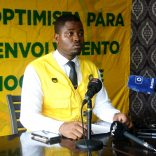

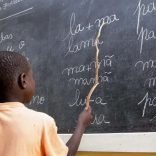
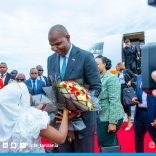


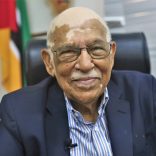
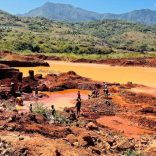
Leave a Reply
Be the First to Comment!
You must be logged in to post a comment.
You must be logged in to post a comment.